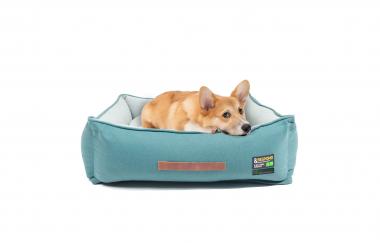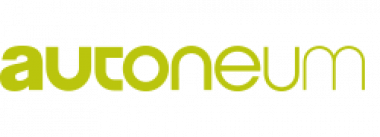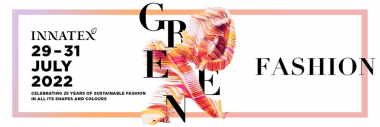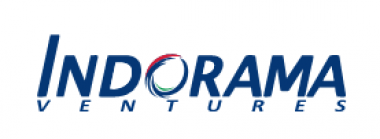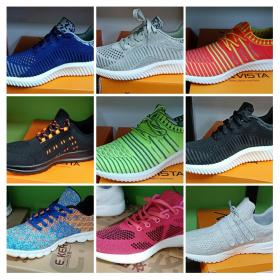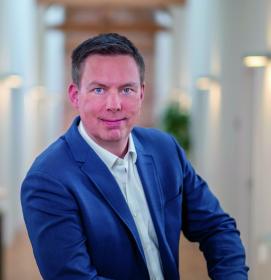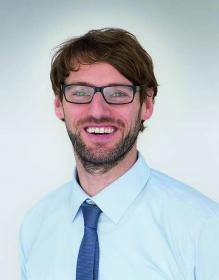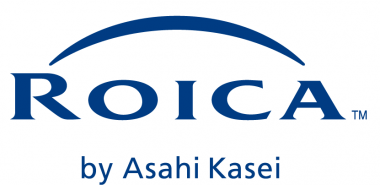Lenzing partners with Red Points to fight counterfeits
- Collaboration with Red Points addresses consumers’ increasing expectations on transparency and highlights Lenzing’s commitment to trademark protection
- Protects interest of Lenzing customer and partners who are making real efforts to enhance the transparency of their value chains
- Builds upon Lenzing’s overall brand protection efforts that verify the authenticity of fibers up to the end products
Lenzing Group, a global producer of wood-based specialty fibers, has announced a partnership with Red Points, a company in online IP infringement detection and removal, to strengthen Lenzing’s existing brand protection efforts globally and enable round-the-clock brand monitoring services. As Lenzing’s textile brands TENCEL™, LENZING™, ECOVERO™, as well as nonwovens brand VEOCEL™ continue to generate widespread demand from industry partners and customers worldwide, it is becoming increasingly important to protect the company’s trademarks and provide full visibility into the brands’ presence online.
Protecting the interest of Lenzing’s partners and consumers
Red Points provides the ideal technology solution to help Lenzing monitor and remove unauthorized use of its trademarks and counterfeits online. The technology works by using Artificial Intelligence (AI) to automatically detect intellectual property infringements of Lenzing’ trademarks with high accuracy and efficiency.
Brand protection is just one of Lenzing’s ongoing proactive measures aimed at enhancing transparency in the supply chain and protecting the interest of Lenzing’s partners by ensuring they are purchasing genuine Lenzing fibers which meet their high standards.
In 2018, Lenzing launched the Lenzing E-Branding Service which allows Lenzing’s customers, retailers and brand partners to effectively use trademarks in their marketing materials. The platform has been welcomed by partners globally as it continues to deliver value to the fashion, textile and nonwoven sectors by facilitating the traceability of Lenzing’s fibers and enabling customers to promote them effectively.
Lenzing AG






